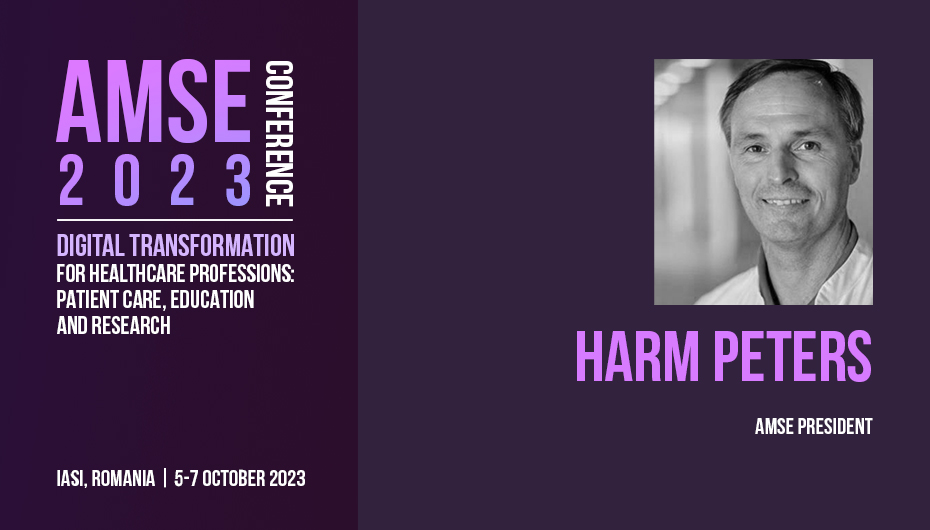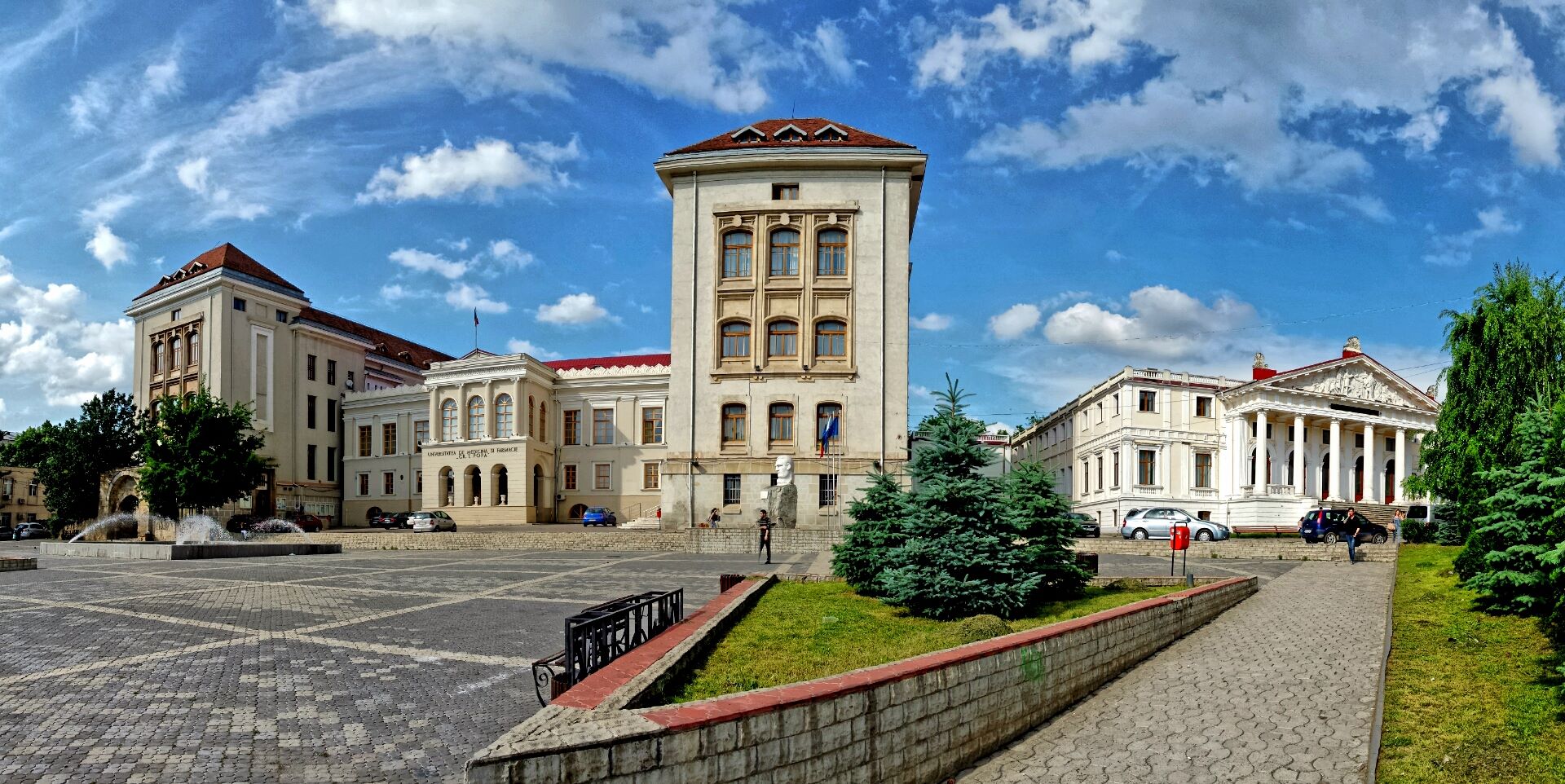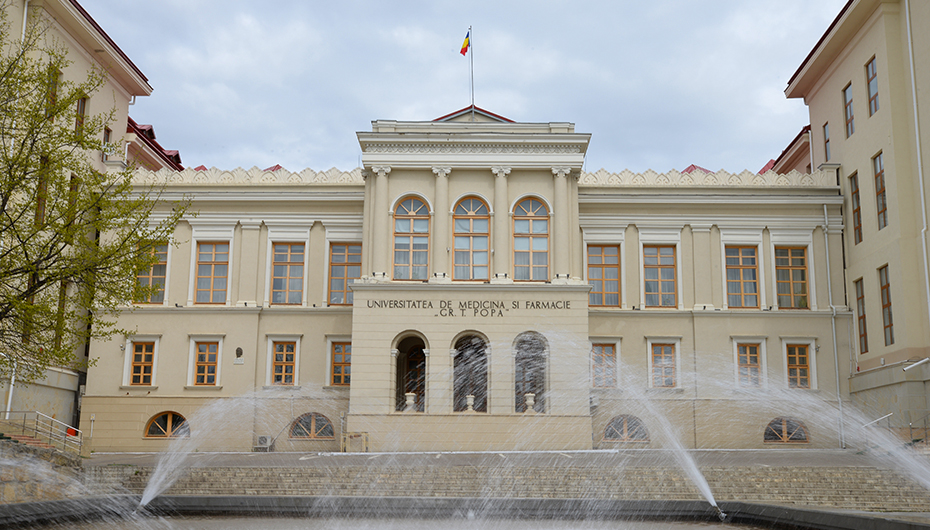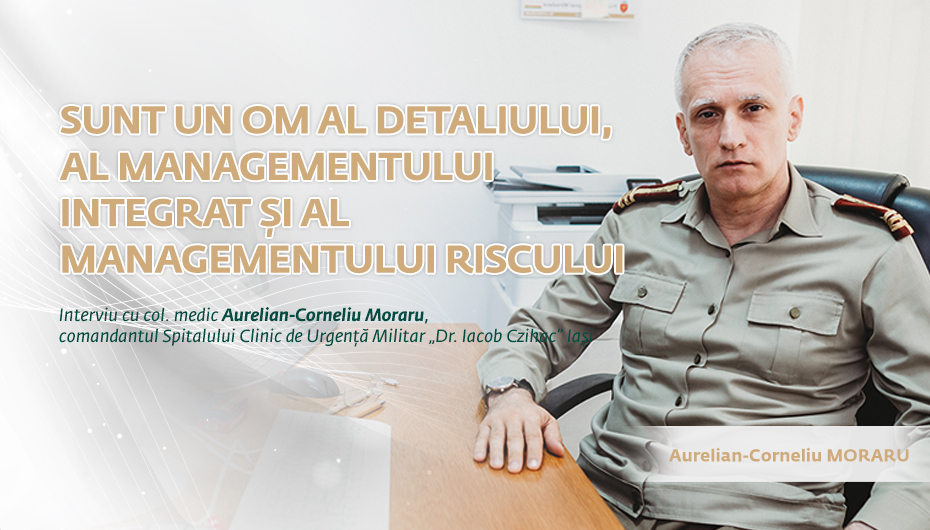Interview with Professor Harm Peters, AMSE President: „The medical schools in Europe will remain the home of complex problems”

Last week, University of Medicine and Pharmacy “Grigore T. Popa” Iași hosted the annual Conference of The Association of Medical Schools in Europe. On this occasion, News UMF Iasi interviewed the president of AMSE, Professor Harm Peters.
Harm Peters is Professor of medical education and nephrology at the Charité – Universitätsmedizin Berlin, Germany. He has joined the AMSE Executive Committee in 2014, where he was elected as Treasurer of AMSE by the General Assembly in 2014. After Prof Peter Dieter’s death in 2019, Prof Harm Peters acted as Interim President from February 2020 on. He is member of the German Association for Medical Education and chairs here the “students as teachers” committee.
Prof. Peters has been actively involved in education reform initiatives for two decades, both as a teacher and curriculum developer. In 2010, he was assigned to be the director of the project team for the new Modular Curriculum of Medicine and two years later, to become head of the Dieter Scheffner Center for Medical Education, both at the Charité. The new Modular Curriculum of Medicine is a six years’ programme that represents a fully modular, integrated, competency-based, student-centered and patients-based curriculum of undergraduate medical education. The Dieter Scheffner Center consists of a multidisciplinary team with curricular experts in the fields of curricular development, assessment, problem-based learning, communication skills, eLearning and scientific working. With regard to medical education, Prof. Peters´ main research interests are in competency-based education and the employment of entrusted professional activities. Prof Harm Peters was elected the new AMSE President on December 10th, 2020.
„Digital Transformation for Healthcare Professions: Patient Care, Education and Research” is the theme of the AMSE 2023 Conference.” Why did you choose this subject?
We chose this subject because it’s timely for where we are now. What we have experienced over the last three years was a medical impact of the digital transformations that are coming about.
And if you just look at the last 6 months in any field you go, it is about digital transformation. This is important for medical education, no doubt; we now have new options and new ways to organize medical education. This is obviously clear for patient care, where we have a number of fields that are expanding. Of course, if you think about research, in our days you cannot conduct research without using digital technology to understand and analyze the data.
What must a university do to keep up with new technologies and the challenges offered by AI, both for the academic environment and for healthcare?
The universities do a lot, and they can do a lot. I think they are also a part of the home of AI. Because the universities are always open to innovations, and they are explorers of these innovations. The role we have is to explore all these opportunities and find evidence that they are actually helpful, and to reshape how they are structured in the future.
Can you give us an example?
Let’s start with research. If you are in research and you have a big volume of data from your experiments, without AI, you won’t be able to see what’s in the data. This also applies to medical education because nowadays we can use AI to stimulate the students’ learning, to analyze individual learning, and to personalize what a student needs to learn. These are great options, and there are online platforms exploring this.
The paradigms of communication are changing in our digital era. What should old-fashioned teachers, who practiced traditional teaching techniques, do to adapt to the demands of new generations of students?
If you are an old-fashioned teacher and you want to stick to your old-fashioned styles, the students will not get mad at you. Of course, there are younger teachers who are more accustomed to new technologies, and they can use them. I am personally a more senior teacher. I like the new technologies and I explore them, and I use them from a metacognitive perspective where I ask: Is this sustainable in the future, or might it come and go? Because I have seen this with other innovations.
Considering your vast professional experience as a professor of medical education, director of the Dieter Scheffner Center for Medical Education at the Charité and president of AMSE, can you tell us what the common problems facing medical universities in Europe at this moment are?
Medical schools are the home of problems. That’s what we are made for, especially for complex and difficult-to-solve problems. That’s our home. The problems we have right now, for example in education… I think one of the biggest challenges is to establish interprofessional education because we are all now training in silos. From my own experience, I know that it’s very difficult to bring the students together. In patient care, this directly impacts patient care because we have to establish systems of coordinated, collaborative interprofessional care for patients, and these are two of the major challenges.
How do you see the future of medical schools in Europe?
The medical schools in Europe will remain the home of complex problems. They will be the home of creative people, the home of success and failure. Because when you have an innovation, at the beginning, you don’t know whether it will be good at all or if it will last, but we must explore this, and that’s what we do. We provide evidence for good innovations, and they continue. Other things that do not develop as expected because they are less important, they disappear. Therefore, at an overarching level, the responsibilities and tasks of universities will remain the same, but the topics are changing. And the topics right now are digital transformation.




